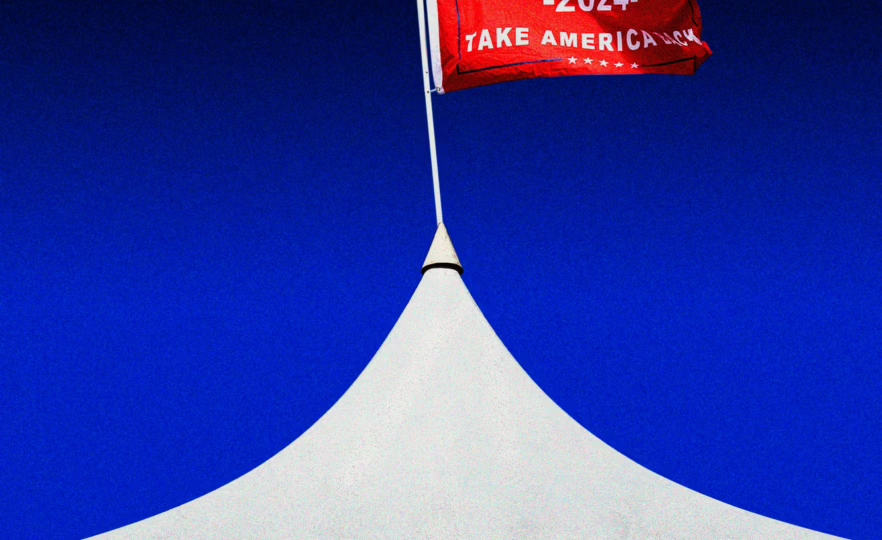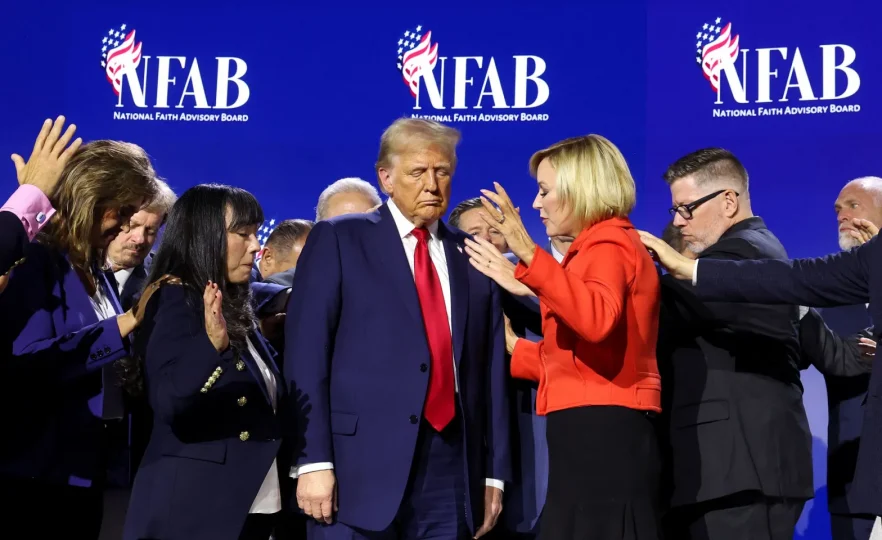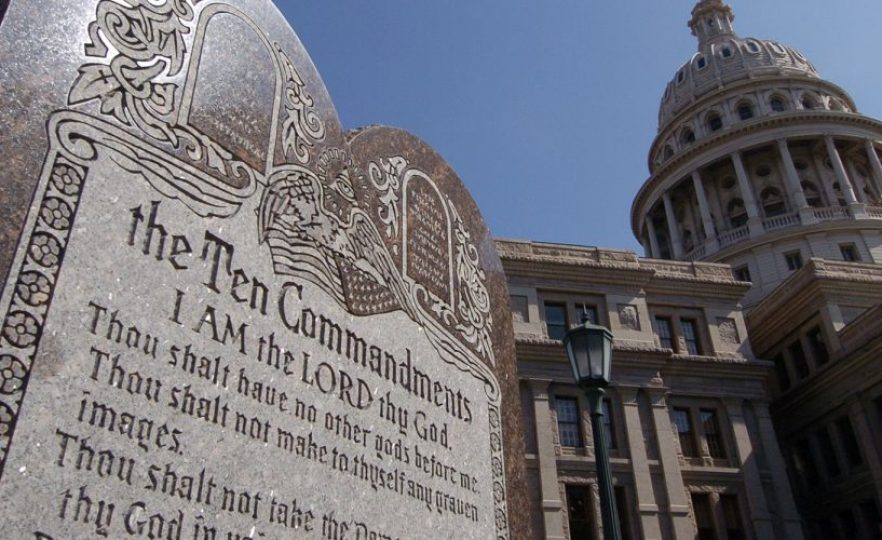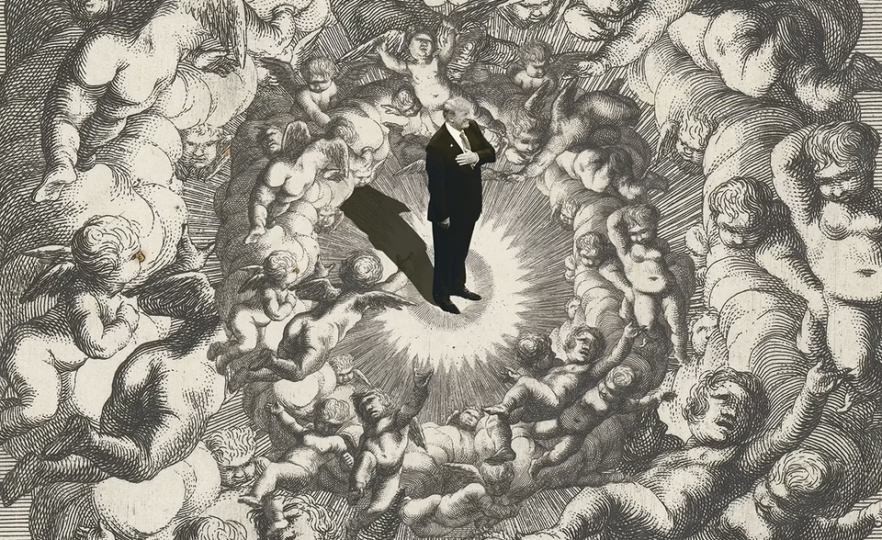The Only Thing More Dangerous Than Authoritarianism

The forces of Christian nationalism are now ascendant both inside the Church and inside the Republican Party.
This Christmas season, I have been reflecting on the words of my favorite author, C. S. Lewis, who once observed: “I have learned now that while those who speak about one’s miseries usually hurt, those who keep silence hurt more.”
Speaking about American evangelicalism was never my intention. Having grown up steeped in Christianity’s right-wing subculture—the son of a megachurch minister, a follower of Jesus, someone who self-identified as “evangelical” since childhood—I was a reliable defender of the faith. I rejected the caricatures of people like my parents. I took offense at efforts to mock and marginalize evangelicals. I tried to see the best in the Church, even when the Church was at its worst.
It took the loss of my father, and the traumatic events surrounding his funeral—as I write in the prologue of my new book, The Kingdom, The Power, and the Glory, which is excerpted in our latest issue—to reconsider the implications of that silence.
The corruption of American Christianity is nothing new: Modern-day pharisees from Jerry Falwell Sr. to Paula White have spent 50 years weaponizing the Gospel to win elections and dominate the country, exploiting the cultural insecurities of their unwitting brethren for political, professional, and financial gain, all while reducing the Gospel of Jesus Christ to a caricature in the eyes of unbelievers. The resulting collapse of the Church’s reputation in this country—with Sunday attendance, positive perceptions of organized religion, and the number of self-identified Christians all at historic lows—leaves evangelicals estranged from their secular neighbors like never before. Unbelievers might well prefer it this way. They might be tempted to shrug and move along, assuming that the crack-up of evangelicalism isn’t their problem. They are mistaken. Continue reading on the Atlantic.




